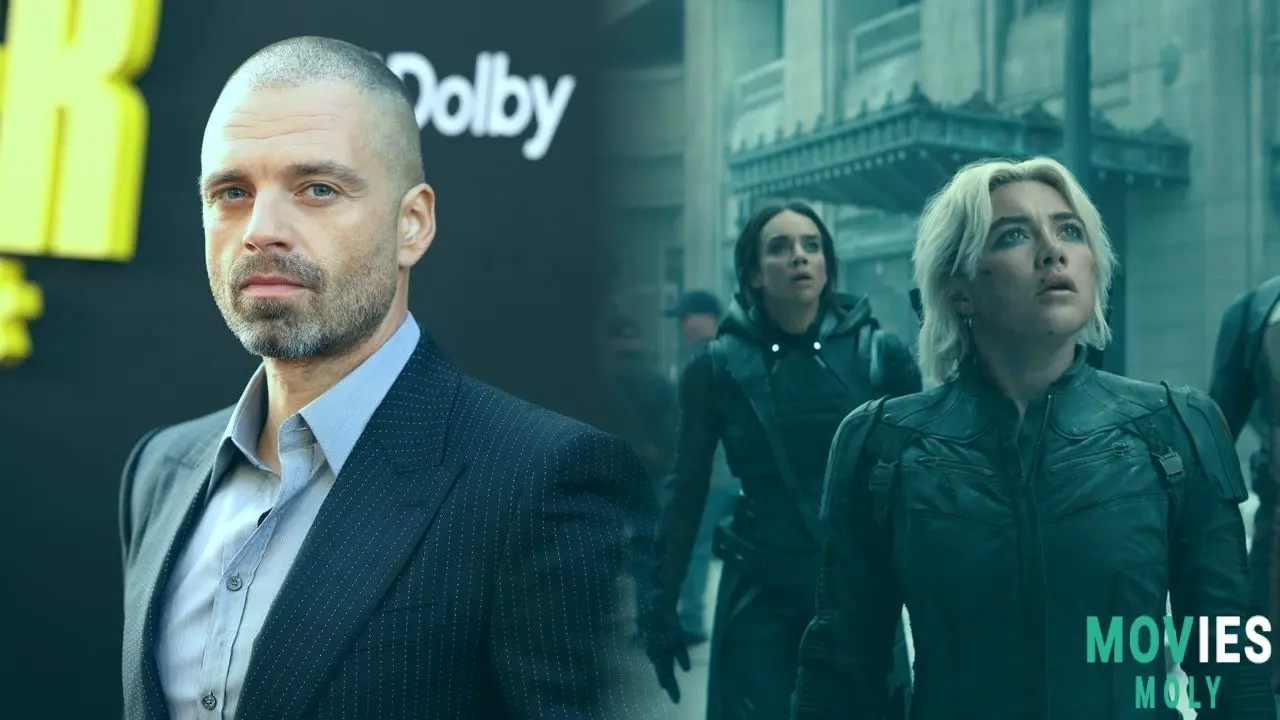In a world where superhero studios wield legal teams like Captain America wields his shield, Justin Baldoni finds himself in a battle that doesn't require a cape, CGI, or a cosmic stone. Instead, it’s a courtroom clash — one that pits the Wayfarer director not only against Blake Lively but also draws Marvel into the fray, unintentionally placing Baldoni in the center of a real-life comic book saga about reputation, relevance, and resilience.
Marvel’s Attempt to Sidestep the Spotlight Only Draws More Attention to Baldoni’s GritRecent filings show Marvel’s desperate bid to extricate itself from the ongoing legal storm involving Baldoni, Lively, and Ryan Reynolds. The studio — no stranger to protecting its brand (and Knull-themed plot secrets) — requested the court to quash a subpoena that could force Marvel to disclose internal documents related to the Deadpool & Wolverine franchise. Specifically, materials tied to the creation of “Nicepool,” the sarcastic, man-bunned variant of Deadpool who’s been accused of mocking Baldoni through jabs that teeter on the edge of personal attack.
But Baldoni’s legal team wasn’t having it. In a letter to Judge Lewis J. Liman, they slammed Marvel for failing to engage in what they called a “good faith effort” to resolve the dispute. It's a classic David vs. Goliath moment — except David is armed with subpoenas, and Goliath is cloaked in the corporate might that once only stood behind heroes like Iron Man and now hides behind antiheroes like Nicepool.
The 'Nicepool' Controversy Turns Into an Unlikely Battleground for Baldoni’s Professional and Personal Integrity
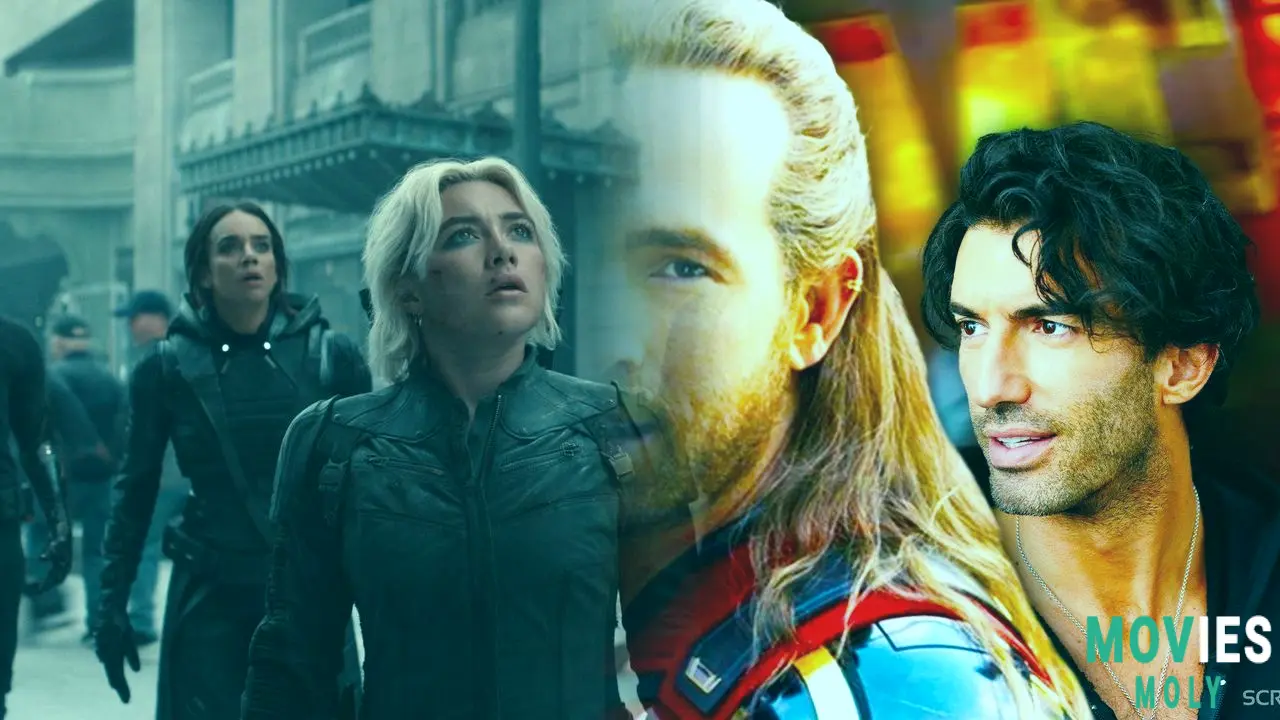
What makes this more than just another Hollywood legal skirmish is the nature of the evidence Baldoni seeks. His team alleges that Reynolds may have intentionally ridiculed Baldoni through the Deadpool 3 character. The man-bun-wearing, scarless, and occasionally quasi-feminist Nicepool isn’t just a parody of Deadpool — according to Baldoni’s camp, he’s a thinly veiled jab at Baldoni himself, meant to belittle him under the guise of irreverent humor.
For fans used to Marvel’s eccentric (and sometimes juvenile) approach to humor — looking at you, Korg’s continuous pun streaks — this is a rare moment where the studio’s comedic liberty is being questioned for crossing into personal territory. And it’s Justin Baldoni, best known for exploring masculinity in a nuanced, empathetic way through projects like Five Feet Apart and Man Enough, who’s pushing back against being mocked in a genre that claims to empower the underdog.
Behind the Lawsuit: A Stark Contrast to Baldoni’s On-Screen Mission and Off-Screen Persona
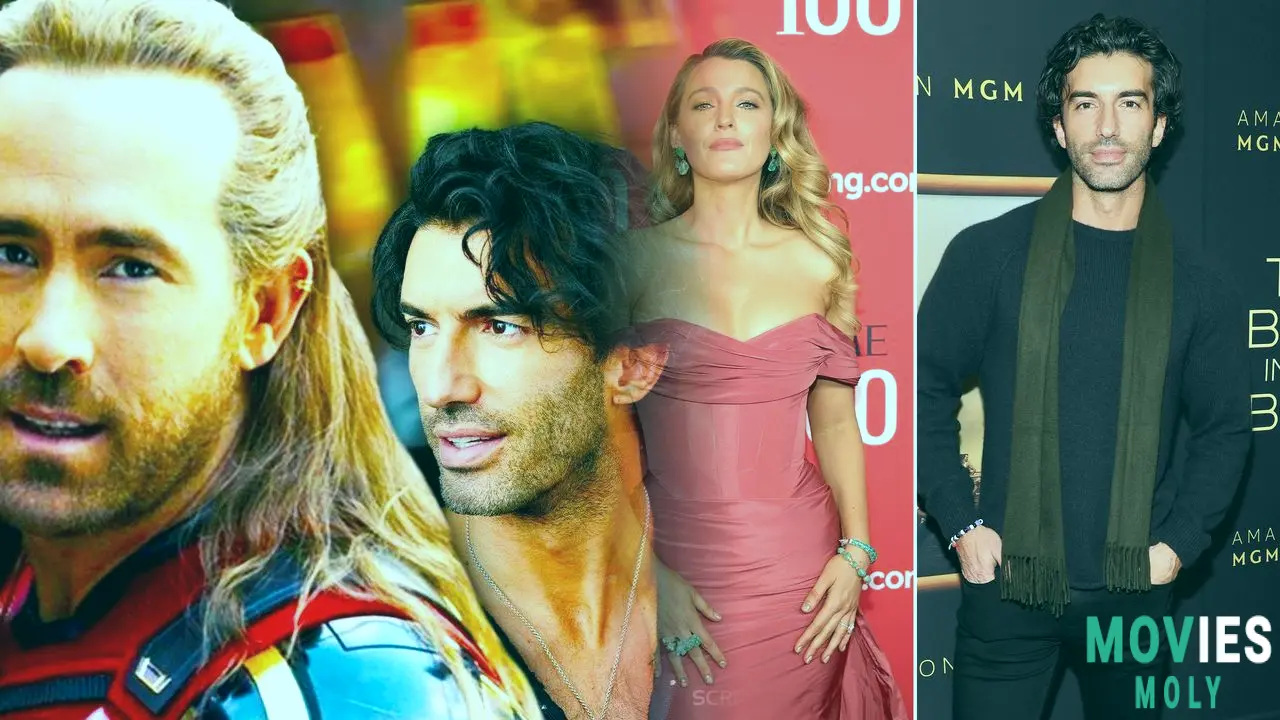
It’s ironic that a man who has built his career around redefining what it means to be strong, vulnerable, and authentic in Hollywood is now embroiled in one of the most hyper-masculine, ego-fueled battlegrounds in the industry. The lawsuit, which was ignited by Lively’s allegations and met with Baldoni’s $400 million countersuit, drags into its orbit not only actors but also publicists — and now, the Marvel machine.
Yet, despite the storm, Baldoni’s actions suggest a desire not just to win, but to clear his name in a space where image often trumps truth. His fight isn’t just legal—it’s existential. It's about preserving the kind of male identity he’s spent years trying to elevate from toxic to transformational.
Justin Baldoni’s Journey From Quiet Advocate to Reluctant Warrior in a World That Loves to Mischaracterize Men
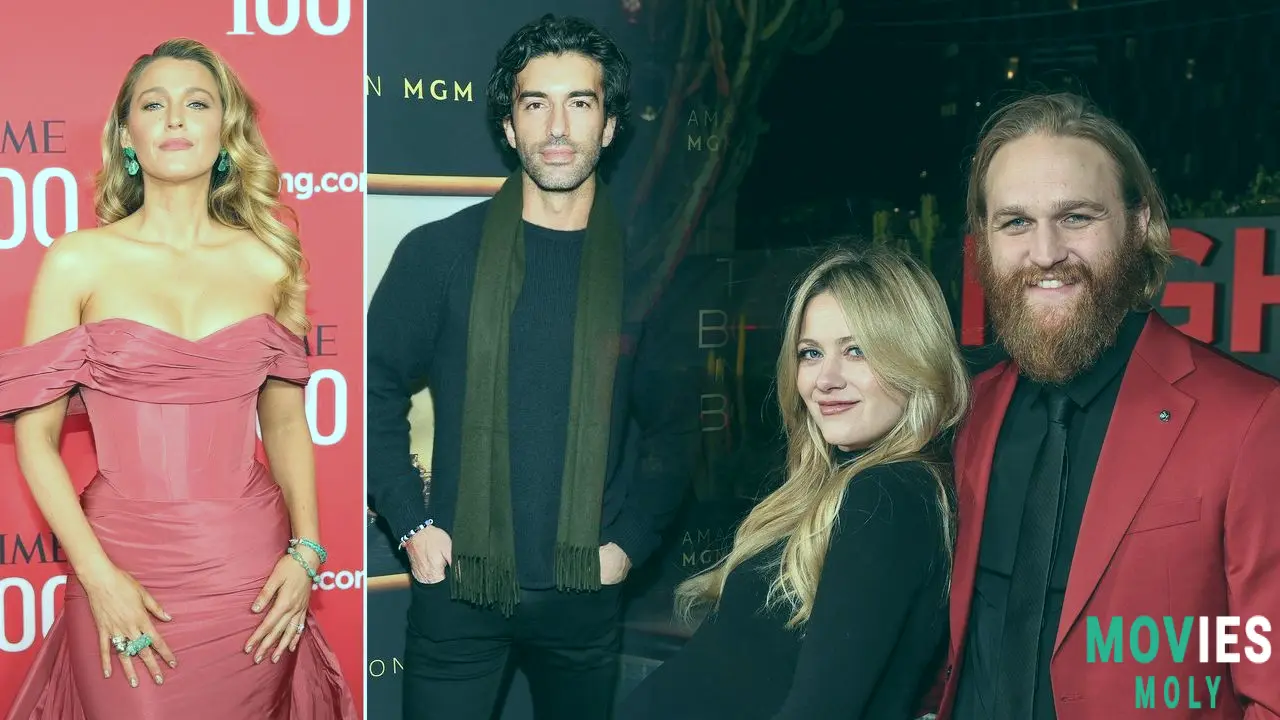
Baldoni’s crusade against being mocked through a character like Nicepool isn’t just about personal offense. It's about what it represents — the ease with which male figures who step outside traditional heroic molds can be belittled, stereotyped, or weaponized in popular culture. Marvel’s request to be shielded from the subpoena isn’t just a legal maneuver; it’s an attempt to sidestep accountability in how they portray real people through fictional personas.
And here’s where Baldoni’s story takes on a superheroic hue. Without relying on superpowers, he’s standing up to one of the biggest entertainment conglomerates on earth. He’s turning a legal strategy into a statement: that masculinity, respect, and reputation matter — even if you’re not wearing a suit made of vibranium or powered by the Quantum Realm.
Whether or Not This Case Reaches the Courthouse, Baldoni Has Already Struck a Cultural Chord
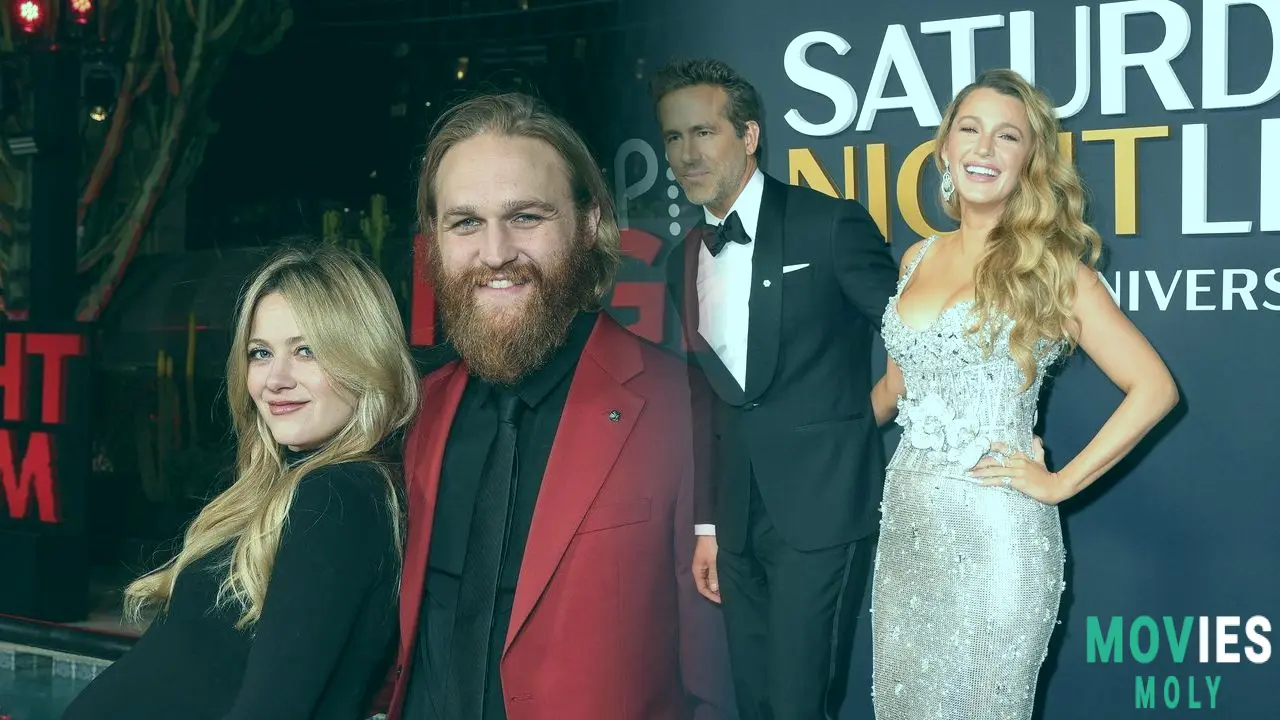
In a genre-obsessed world where Easter eggs, fan theories, and online takedowns reign supreme, Justin Baldoni’s real-life saga reminds us that behind every joke at someone’s expense is a human being with a story. And sometimes, the most powerful heroics come not from blowing up a city, but from standing firm when the world wants to paint you as its next punchline.
So while Marvel may hope to fade into the background like a post-credits Stan Lee cameo, Baldoni is making sure his voice — and his story — won’t be edited out of the narrative. Not every hero wears a mask. Some just demand to be taken seriously.

